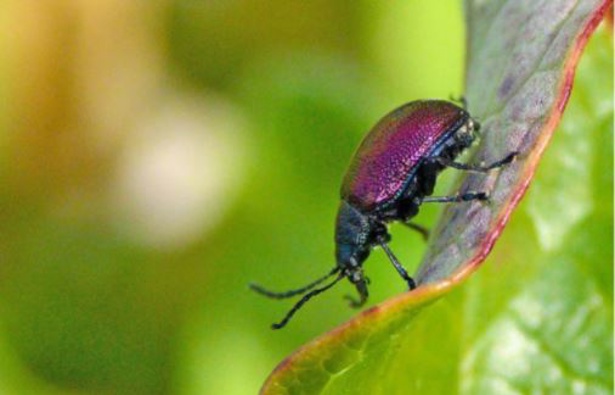Follow
the podcast on

Parasites, Parasitoids, Predators and Pathogens
When you want to control organisms that do some damage in your garden or crop, often the best way to achieve that is by introducing a natural enemy of the pestiferous thing.
Parasites are associated with a host, usually long term. They generally don’t kill their host but may make life a bit – shall we say – un-easy; Human tapeworms, intestinal roundworms and follicle mites in our eye-lashes are pretty good examples – as are our three private louse species!
Parasitoids are the critters we tend to use in horticulture; usually invertebrates that live within their host and can in the medium term, kill them. Parasitic wasps, parasitic flies and such brilliant pest controllers often reduce the numbers of their host populations.
Whitefly parasitoids (Encarsia Formosa) are available off the shelf to release in a glasshouse. Some aphid parasitoids (Aphelinus) are also on the market – successful controllers. Aphelinus parasitoid amongst rose aphids. These tiny wasps stick their ovipositor inside an aphid & lay an egg.
Predators eat their prey (usually alive) which means they cause immediate death. Ground beetles, Ladybird beetles, Lacewing larvae, some fly maggots, earwigs and sucking soldier bugs all require live protein for their survival, so these guys and gals are good to have around.
Ladybird beetle on flower and Hoverfly maggot eating aphid
To attract Parasitoids and predators to your garden all you need to do is make conditions suitable for them: No use of pesticides! And grow lots of flowers that produce nectar and pollen for these beneficial critters to eat. Nectar = energy; pollen = protein for eggs and growth.
Pathogens are literally diseases that hammer the pest you want to control. Seeing my apples are flowering I will administer a spray of Madex 3 on my very small, embryonic apples to stop codling moth caterpillars from chewing into these tiny developing fruit; For smaller gardens and tiny orchards, Madex 2 is a cheaper version of the same stuff: a LIVE Granulosis Virus that kills the caterpillars before they settle inside your apples; it only kills the codling moth caterpillar – nothing else! Pure biological control and Organic too.
Weed Control is also possible with biological control; Landcare Research have started releasing some very beautiful South American beetles (Freudeita) that will destroy that hideous climbing weed: moth plant/cruel vine/whatever you want to call it. It smothers our shrubs and trees and catches monarch butterflies by their tongue!!
Ask your local council if they are “on the list” with Landcare Research to receive a batch of these very handy (and industrious) beetles. They are really plant-feeding predators too!
Take your Radio, Podcasts and Music with you









